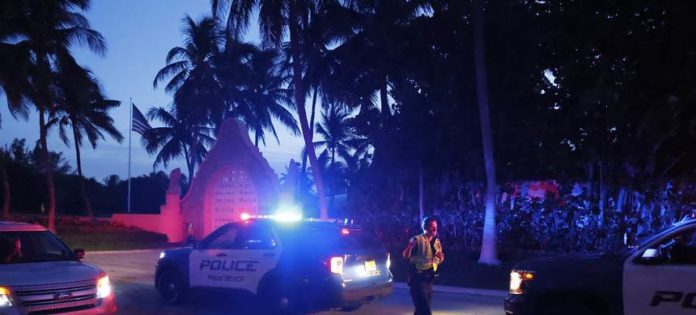The New York Times reports that 48 file folders marked “Classified” and “Top Secret” were found during a search at Donald Trump’s Mar-a-Largo residence. According to the inventory, 40 more empty folders were also found by FBI. These folders contained sensitive documents and should be returned “to staff Secretary/military adviser.”
Some actual classified documents were apparently found. The FBI recovered 18 documents that were marked Top Secret, 54 classified as Secret, 31 classified as Confidential and 11,179 documents and photographs from government agencies without any classification markings.
It’s not a great haul, considering all the hype surrounding the search.
Prosecutors noted in the government filing accompanying the inventory list that the Justice Department had only reviewed the August materials as a “single investigative step” within an active criminal investigation.
The filing stated that the investigative team would continue to use and assess the seized materials while it pursues further investigative steps such as additional witness interviews or grand jury practice.
Any breach of security can be very serious, just ask Hillary Clinton.
They have 48 empty folders, no matter how they are marked. This means that they don’t have the ability to use them as evidence to show that Donald Trump actually had them. They will eventually discover the contents of these folders, but they won’t be able to prove Trump “possessed” them.
This is a fascinating legal question.
Contrarily, the Justice Department made available portions of its affidavit regarding the search warrant application last week. These listed the specific classification markings found on documents in 15 boxes containing government files that Mr. Trump allowed the National Archives in January to remove from Mar-a-Lago.
These “specific classification markings found on documents” were separate from the 48 empty file folders. Was the Justice Department able to count empty folders as evidence
The Justice Department stated that it had conducted its own review of the records and had set aside over 500 pages that could be protected under attorney-client privilege.
However, the lawyers representing the department vigorously denied Mr. Trump’s request to review the materials. This was based on executive privilege which protects confidential communications of the executive branch from disclosure.
Trump found it very comforting that the Justice Department did Trump’s legal work and checked the documents for any possible attorney/client privilege violations. It is nice that the prosecution can decide what privilege claims are applicable in a case. This speeds up court proceedings.










